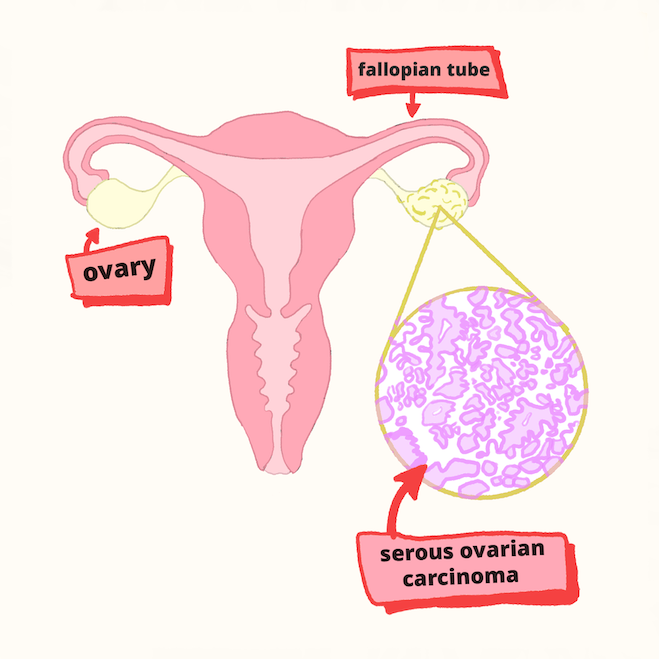Latest research animations
Self-assembly of spider silk
This gut microbe might protect against diabetes and reduce insulin resistance
NEW: One-way hydrogel guides motion of tiny worms!
Latest Posts
Millions of years of galaxy evolution simulated in mere months with the help of AI
Winter Hackathon and SupercomputingAsia
How group size affects cooperation: Insights from brain science
Strong emotions plus non-REM sleep equals longer-lasting perceptual memories
Gut bacteria in babies predict childhood food allergies
Bye-bye microplastics: new plastic is fully ocean-degradable
Scientists develop new and improved quantum gates
Nanopores in deep-sea hydrothermal vents and the origin of life
Albumin drops medicine off at cancer site then leaves the body
Protein antigens in meat, milk, and other foods suppress gut tumors
Stem cell exhaustion and proliferation: An aging fly’s tale
Chromosome copying errors pinpointed in developing embryos
Predictive grid cells help self navigation in the brain
Dopamine reduces beta-amyloid plaques in Alzheimer’s disease
RIKEN discovers new T cells related to immune disorders
Will the “love hormone” ever be used to treat a rare genetic disease?
Purple biomass makes a good crop fertilizer
Atlas of the aging lipidome highlights kidneys and gut bacteria
Root growth improved in soil contaminated with cesium
Japanese people are a mixture of three separate ancestral groups
Space Café Tokyo explains sus sci-fi media
Recipe for hydrogen: sprinkle manganese oxide with iridium atoms, add water
Stable green hydrogen production in a PEM electrolyzer
Brainless memory makes the spinal cord smarter than previously thought
Eco-friendly ammonia production for fertilizers and alternative fuel
Cubes of brain tissue allow drug discovery without animals
Gut bacteria could help overcome milk allergy
Detecting pathogens: the evolution of plant immunity
Genomic “butterfly effect” involving TADs explains risk for autism
Heat used to transform antiskyrmions to skyrmions and back
Real webshooters? Synthetic spider silk spun from artificial gland
Omics Omics Omics: Analysis predicts ovarian cancer-treating drug
First hydride-ion battery that works at room temperature
Plants to the rescue: cleaning up our dirty soil
Stolen genes used for parasitic mind control
Machine learning contributes to better quantum error correction
Laser melting ice-core sampler for studying climate change
Gut bacteria reduces insulin resistance, protects against diabetes
Scary places burned into our minds by constant memory replay
Millions of years of galaxy evolution simulated in mere months with the help of AI
Winter Hackathon and SupercomputingAsia
How group size affects cooperation: Insights from brain science
Strong emotions plus non-REM sleep equals longer-lasting perceptual memories
Gut bacteria in babies predict childhood food allergies
Bye-bye microplastics: new plastic is fully ocean-degradable
Scientists develop new and improved quantum gates
Nanopores in deep-sea hydrothermal vents and the origin of life
Albumin drops medicine off at cancer site then leaves the body
Jul
10

Millions of years of galaxy evolution simulated in mere months with the help of AI
When a machine learning AI was asked to help simulate galaxy evolution, processing time went from years to months.
Jul
7

Winter Hackathon and SupercomputingAsia
Jun
6

How group size affects cooperation: Insights from brain science
Using the prisoners dilemma game, brain scientists showed that larger group size reduces cooperation.
May
22

Strong emotions plus non-REM sleep equals longer-lasting perceptual memories
Perceptual memories linked to positive emotions, such as joy or happiness, are strengthened during sleep, specifically during periods of deep non-REM sleep.
Feb
20

Gut bacteria in babies predict childhood food allergies
Scientists found that one-month-old infants with certain gut bacteria were less likely to develop food sensitivities and food allergies later in childhood.
Jan
23


































